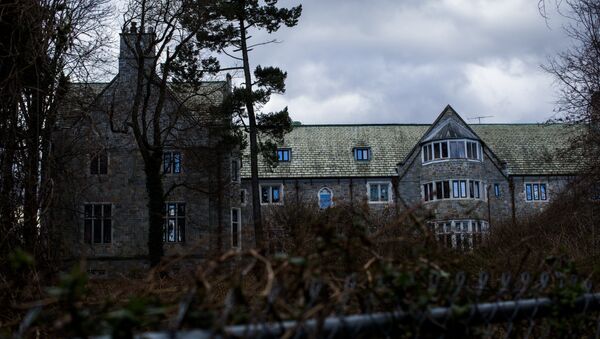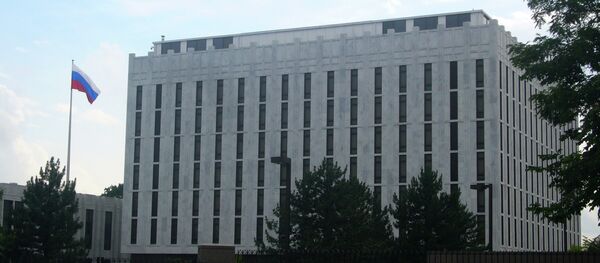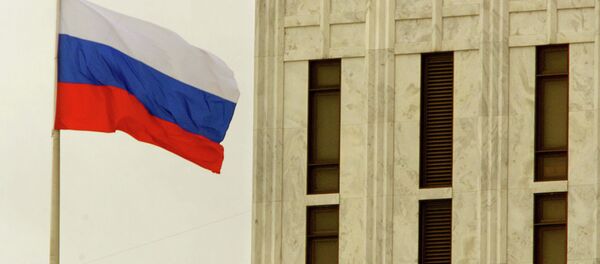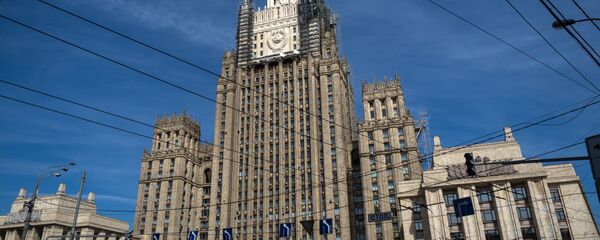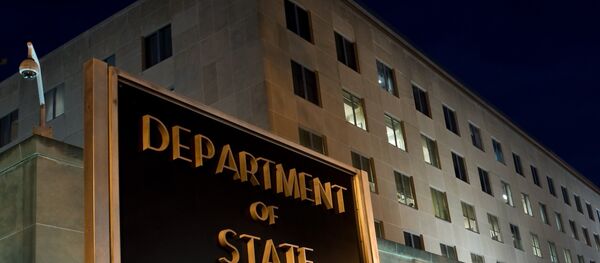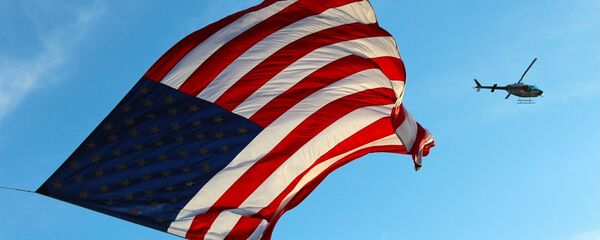The three politicians claimed that the "return of these two facilities to Russia while the Kremlin refuses to address its influence campaign against the United States would embolden President Vladimir Putin and invite a dangerous escalation in the Kremlin’s destabilizing actions against democracies worldwide."
"We urge you to remove the return of these facilities from any negotiation or consideration [them] in your discussions with President Putin during your upcoming trip," they wrote.
The Russian Foreign Ministry earlier stressed that the two compounds seized by the US were Russian property and enjoyed diplomatic immunity. Hence the US actions were in breach of the 1961 Vienna Convention on Diplomatic Relations.
Sputnik Radio discussed the issue with a Russian political analyst, director of the Scientific and Research Institute of Political Sociology Vyacheslav Smirnov, who noted that the two compounds' situation was "very interesting."
"There is a very interesting situation concerning it: the property was frozen but not foreign. It remains Russia's property. However the access of Russian diplomats to it has been blocked. What is the most important now is that the Senate, among others, suggests that it should not only be returned, but in case it is ever given back, it should be stripped of diplomatic immunity," he explained to Sputnik.
"If there is no other way to demonstrate your dominance, then you need to 'dominate' by seizing 'dachas'. In fact, it was not seized in the full sense of the word — the Russian side can always sell these objects; access to them has been temporarily blocked," he said.
In December 2016, the administration of former president Barack Obama imposed a set of punitive measures against Russia over Moscow’s alleged meddling in the US presidential election and harassment of US diplomats stationed in Russia.
The sanctions included the closure of Russian diplomatic compounds in Washington and New York, which the White House claimed had been used as a cover for Russian spying activities in the United States.
It quoted a senior congressional aide with knowledge of events last year, who said that the expulsion of the Russian diplomats had nothing to do with election tampering.
"The aide also said the Russian compound in Maryland is located close enough to sensitive US locations, including the Naval Air Station at Patuxent River, to pose an espionage threat, and offers a good line of sight to the National Security Agency at Fort Meade across the Chesapeake Bay," the outlet said.
"Closing the compounds was something that had been on the list for a long, long time," it quotes the aide, "who wasn't authorized to speak about the subject publicly and demanded anonymity," as saying.
Obama's decision to close the two compounds was a "pretty big deal for us because it was something that we'd been asking to do for a long, long time," said the official, who requested anonymity to discuss the sensitive issue.
The official also said that "America's spy agencies are providing intelligence to policymakers weighing the future of the compounds."
The 45-acre Maryland retreat in Centreville has a brick mansion and cottages along the Corsica River. The former Soviet Union bought the compound in 1972 as a getaway for diplomats posted in nearby Washington, the newspaper reminded.
The New York mansion is on Long Island's Gold Coast. The estate, once called Elmcroft, is in the town of Oyster Bay. The Soviets purchased it in 1952.

